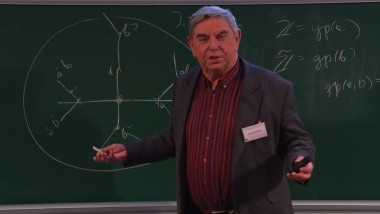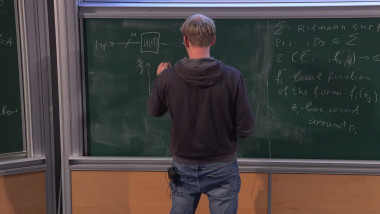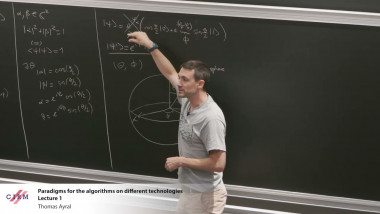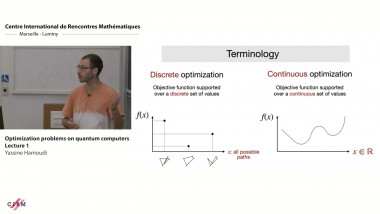
Nonlinear Landau levels (NLLs) in the almost-bosonic anyon gas
By Douglas Lundholm

Łukasiewicz Logic and Tsallis Entropy Connected with Free Projections in the Free and Conditionally Free Probability
By Marek Bożejko

Quantum Error Mitigation Driven by Classical Simulations and Evolution Equations
By Oleg Kaikov

Paradigms for the algorithms on different technologies - lecture 1
By Thomas Ayral

Optimization problem on quantum computers - lecture 1
By Yassine Hamoudi











